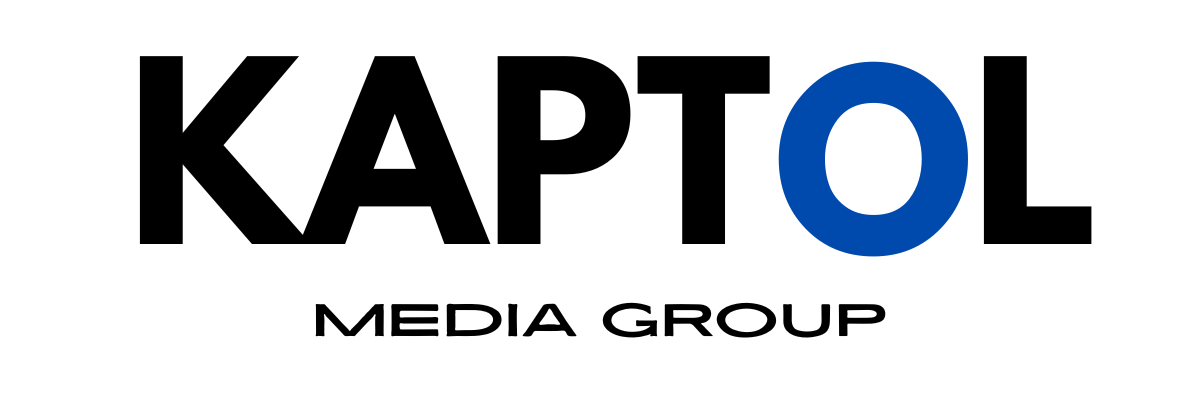SEARCH ENGINE OPTIMISATION (SEO)
What is SEO and how does it work?
Search Engine Optimisation (SEO) is a crucial technique used to improve the visibility and ranking of a website or web page in search engine results pages (SERPs).
This practice enhances online exposure for businesses and is fundamental to digital marketing strategies. SEO is typically referred to as organic because it focuses on achieving natural placement and generating traffic without the use of paid advertising.
How SEO Works
SEO works by optimising various components of a website to make it more attractive to search engines like Google, Bing, and Yahoo.
The goal is to have the search engine consider the website relevant and authoritative enough to place it high in the search results when users search for certain keywords or phrases.
Here’s how it breaks down:
Keyword Research:
This is the process of identifying and analyzing the terms that people enter into search engines.
Knowing these keywords helps businesses create content that is likely to attract more relevant traffic. Effective keyword research considers search volume, competition, and user intent.
Content Creation and Optimisation:
Content is central to SEO.
High-quality, relevant content optimised for the right keywords can engage readers and drive traffic. SEO practices for content include using keywords naturally, updating content regularly, and making sure it provides real value to readers. This may involve writing detailed articles, blogs, and guides that help users answer questions or solve problems related to your industry.
On-Page Optimisation:
This involves optimising elements on your website that affect your search engine rankings.
It includes not only content but also the HTML source code. Key aspects include title tags, meta descriptions, header tags, and internal links. Each element needs to be crafted carefully to ensure it contributes positively to the site's SEO.
Off-Page Optimisation:
This refers to actions taken outside of your own website to impact your rankings within search engine results pages.
The most significant off-page factor is the number and quality of backlinks pointing to your website. Other strategies include social media marketing, guest blogging, and mentioned by other influential websites.
Technical SEO:
This aspect focuses on improving the technical elements of your website to increase the ranking of its pages in the search engines. Key technical optimisations include improving page load speed, making a site mobile-friendly, creating a sitemap, and ensuring secure connections with HTTPS. Search engines favor websites that provide a good user experience.
Local SEO:
For businesses with a physical location or those serving a geographic area, local SEO helps attract local customers. This involves optimizing your website to appear in local search results and includes managing a Google My Business listing, getting local backlinks, and placing local business information like name, address, and phone number (NAP) on your site.
Benefits of SEO
The primary advantage of Search Engine Optimisation (SEO) is increased visibility, which translates to greater organic traffic and more opportunities to convert prospects into loyal customers. However, the benefits of SEO extend far beyond just visibility:
1. Credibility and Trust
Websites that rank higher in search results are often perceived as more reliable and authoritative by users. Appearing on the first page of search engines like Google signals that your website meets high-quality standards. This perceived trustworthiness can enhance your brand’s reputation, encouraging potential customers to choose your business over competitors.
2. Cost-Effectiveness
SEO is a cost-efficient marketing strategy. Unlike pay-per-click (PPC) advertising, SEO doesn’t require ongoing payments for each click or impression. Once your website achieves a high ranking, you can enjoy consistent traffic without the continuous expense of paid ads, making SEO a smart long-term investment.
3. Competitive Advantage
Being visible on the first page of Google gives you a significant edge over competitors who are not as well-optimised. By targeting relevant keywords and creating optimised content, you position your business as a leader in your industry. This competitive advantage not only drives more traffic but can also attract higher-quality leads who are more likely to convert.
4. Improved User Experience
SEO goes hand-in-hand with enhancing the usability of your website. By optimising site structure, navigation, and loading speed, you create a smoother and more engaging experience for visitors. These improvements can lead to longer time spent on your site, lower bounce rates, and better overall engagement—all of which are valued by search engines and users alike.
5. Long-Term Results
SEO is a long-term strategy that builds sustainable growth. While it may take time to achieve high rankings, the benefits are enduring. Unlike paid campaigns that stop generating traffic once the budget runs out, a well-optimised website can maintain its rankings with ongoing, smaller-scale efforts, delivering consistent results over time.
Why SEO is Essential for Business Growth
For businesses aiming to establish or enhance their online presence, SEO is an essential tool.
It helps you reach the right audience at the right time, increasing your chances of capturing their attention and driving meaningful engagement.
By leveraging the power of SEO, you can:
- Build Authority: Demonstrate expertise in your niche through high-quality content and a strong online presence.
- Maximise ROI: Generate high-quality leads organically, reducing dependency on costly paid advertising.
- Adapt to Evolving Trends: Stay ahead of the curve by optimizing for emerging search trends and algorithm updates.
SEO is not just about climbing the search engine rankings—it’s about creating a digital strategy that fosters growth, builds trust, and ensures long-term success for your business.
By understanding and implementing effective SEO practices, you can position your brand to thrive in the competitive online landscape.
All these functions combine to increase the effectiveness of the computer algorithms used in the search engines to display the search results from the search terms or keywords selected.
The higher up the search rankings a website appears in the search results the higher chance the site will be selected and therefore the higher chance the results will be converted into customers.
We employ all the latest search engine optimisation techniques and website optimisation tools to ensure you the best results.

